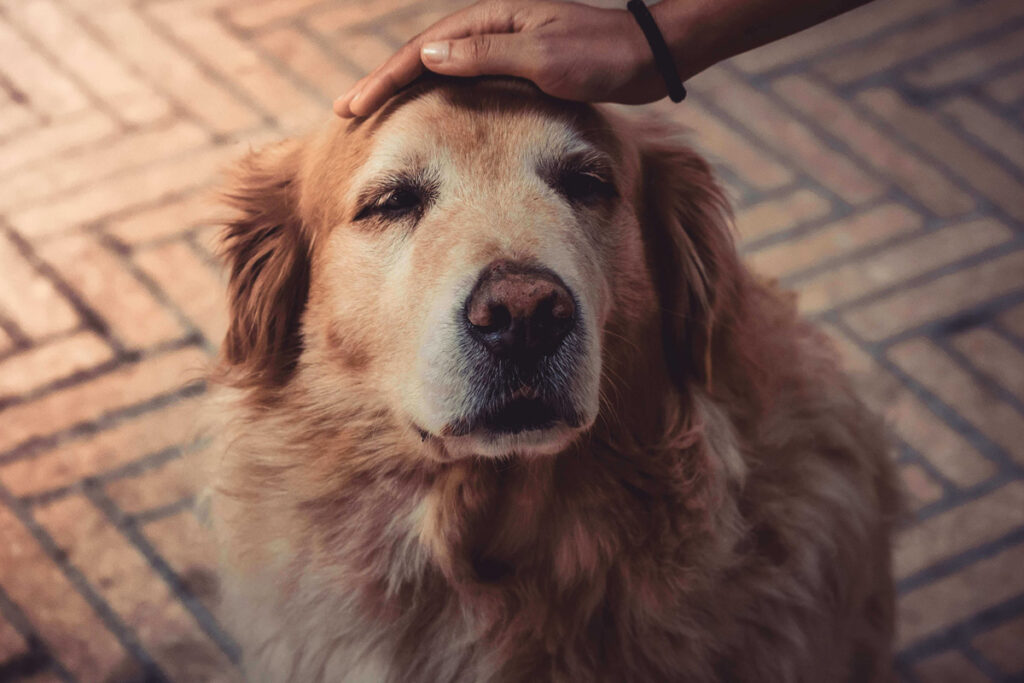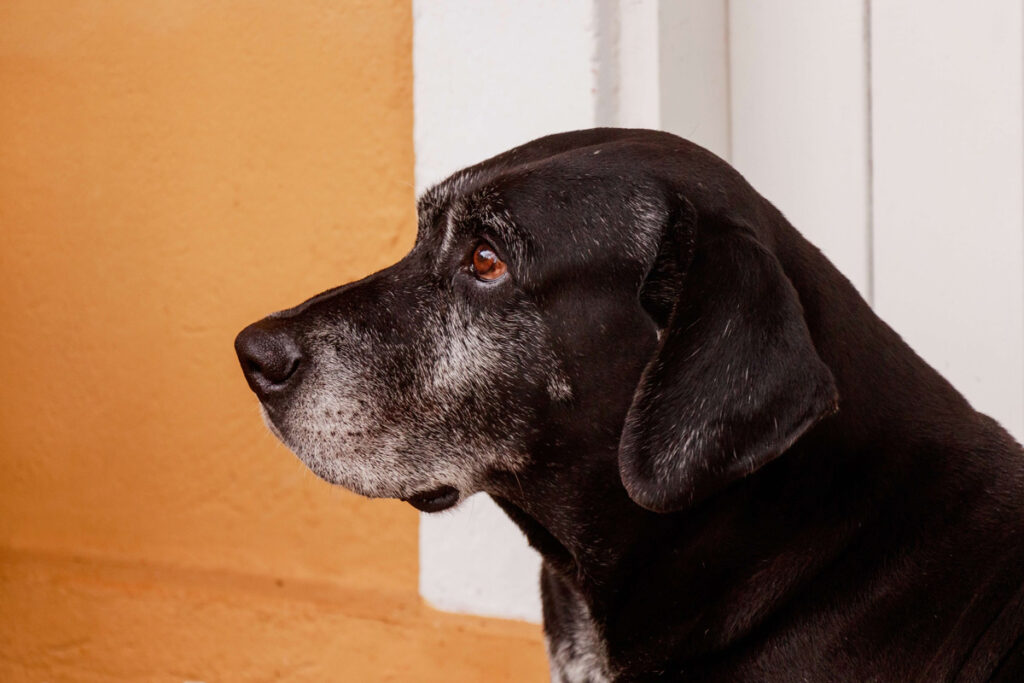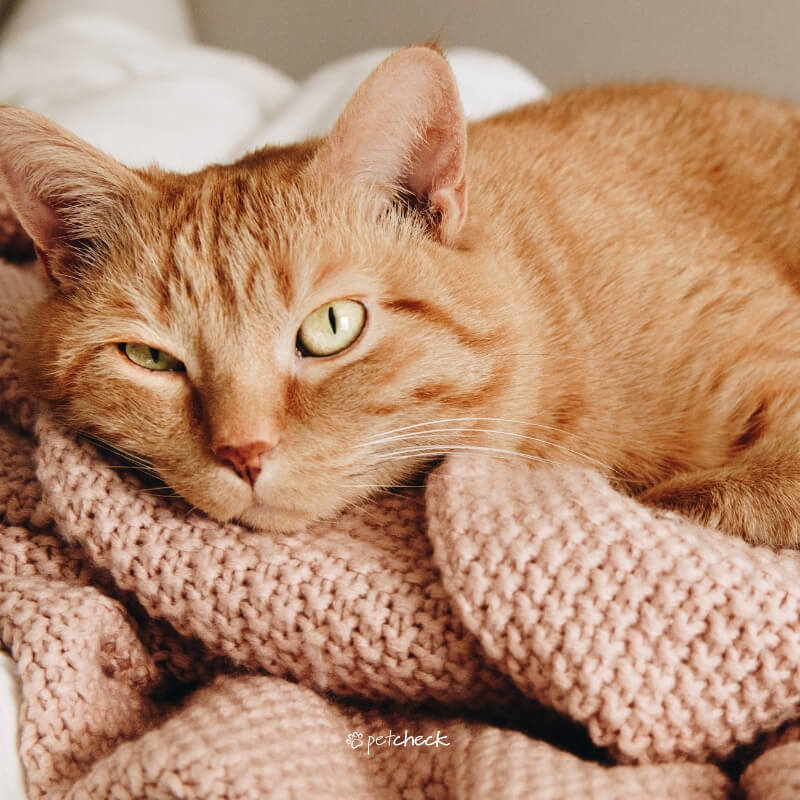

Senior animals are often overlooked at shelters in favour of bouncy puppies and kittens, but they often make more suitable pets for several reasons. These are our 5 top reasons to adopt a Golden Oldie.
1. Easier to Profile
When adopting an older dog or cat, the shelter will usually be able to give you a better idea of his history, temperament and level of socialisation than they could for a pup or kitten who still has to develop. They may know where the pet came from, the environment he’s used to, and whether he is good with other pets and enjoys the company of kids. They possibly even have a veterinary history available so that you don’t end up with nasty surprises. With a senior pet, what you see is what you get. You know exactly how big he is, what his grooming requirements are likely, and whether he has a big personality or is a little more reserved.
2. More Easily Integrated
Older dogs and cats tend to value their personal space and “quiet time” and generally require a much lower investment of your time and supervision. Getting a puppy or kitten often means turning your whole life upside-down – you’ll need to make almost as many changes to your home and lifestyle as you do when you expect the arrival of a human baby.
Senior animals usually come from a home life of some sort. They may have been surrendered for various reasons, not necessarily the fault of their previous owner – the person may have passed away, lost their income and no longer be in a position to care for the pet, or been forced to move to non-pet-friendly accommodation. Therefore, the senior pet you are considering is already socialised to a domestic environment. Their maturity means they’re aware of potential dangers like swimming pools, electronic wiring and stove tops and are often quite comfortable around other people and pets.


3. Pre-Socialised and Trained
Senior pets generally have a grasp of basic commands like “Sit”, “Down”, and “Stay” and have grown out of destructive behaviour like chewing and jumping up.
You will need to follow the usual principles in terms of slowly and safely introducing them to the rest of the family (human and animal), but they will probably be socialised and quite flexible in new situations. We’ve all heard it said that “you can’t teach an old dog new tricks”, but nothing could be further from the truth. Older animals can be trained in the same way as younger pets are, with patience, repetition and reward, and they are eager for stimulation and learning.
4. Great For Kids and Senior Citizens
Older pets can be more suitable for younger children as they’re less physically fragile than puppies and kittens and less vulnerable to accidental injury. They can also be much more tolerant than youngsters (who haven’t quite come to grips yet with the difference between a nip and a hard bite or scratch), but children do need to be made aware that the older pet may have sore joints or not have the energy to play boisterous games. They should be carefully supervised around pets of all ages and taught to pay attention to animals’ body language from a young age.
The calmer disposition of a senior pet is also easier for a senior person to manage – the older pet will enjoy less physically-demanding pastimes, and walks can be taken at a leisurely pace. The health benefits of having pets are well-documented, and the senior pet will be a welcome addition for family members of all ages. Pets help reduce stress and depression, provide companionship, lower blood pressure, aid mental acuity and keep us active, to name a few plusses.
The frequency of a cat’s purr (25-150Hz) has even been associated with improved bone density and tissue healing!


5. Saving a Life
One of the most positive aspects of adopting a senior pet is that you’ll know you’re allowing him to enjoy golden years for the remainder of his life. Many shelters have a time limit on how long animals can be up for adoption before having to be put to sleep and, conversely, living out one’s days in a no-kill shelter, such as our local Sutherland Shire Shelter and the Sydney Dogs and Cats Home, despite the best efforts of staff and volunteers to provide comfort and stimulation, is not far off from serving a life sentence behind bars. In both instances, a senior pet will be forever grateful to you for allowing him to be part of a loving family for the rest of his days.
You’ll need to do your homework before you adopt a senior pet for sure (e.g. Make sure you budget for annual senior health checks and chronic medication, provide padded bedding or a walk-in litter tray, fence off the pool and ensure the floor is non-slip, etc.), but we believe the benefits of welcoming an older animal into your family far outweigh the challenges. If you’re thinking of expanding your furry family, why not consider joining the esteemed members of the Grey Muzzle Club?
